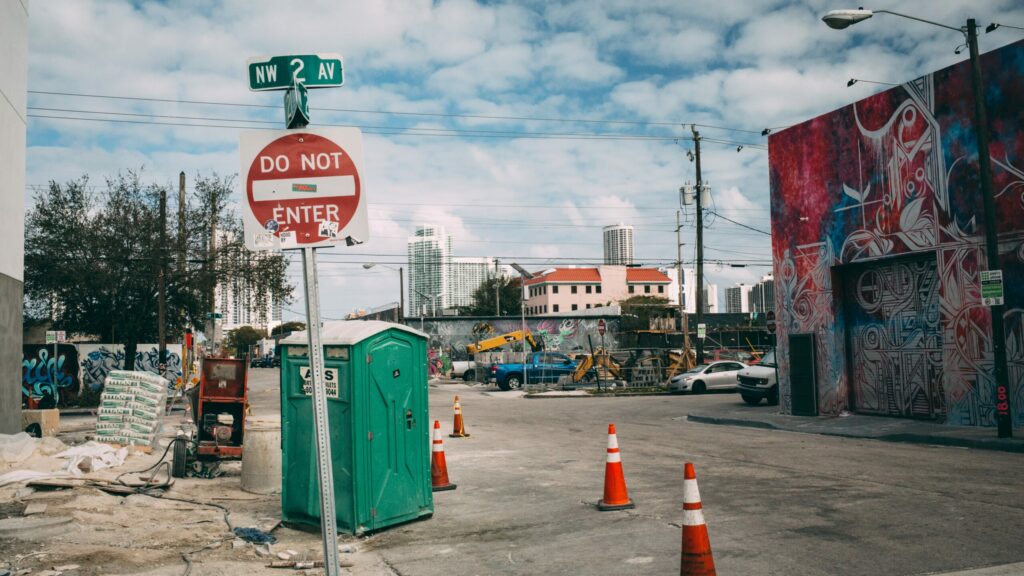The Infrastructure Investment and Jobs Act includes significant funding for infrastructure in disadvantaged communities, baring the question, what exactly qualifies as a disadvantaged community? In the past, it depended on who you asked, with different definitions among the federal agencies.
Last week, the Biden Administration took a first step toward standardizing the classification when the White House Council on Environmental Quality released a preliminary database identifying specific census tracts as “distressed.” Factors included in the identification process were extremely wide ranging and included expected loss of population due to climate change, traffic volumes, exposure to bad air quality, and the cost of housing. The Council on Environmental Quality also considered health indicators such as the rate of asthma and heart disease.
Comments on the preliminary identification process and results are due April 25. The White House is particularly interested in feedback regarding communities the preliminary tool may have missed that deserve to be classified as distressed.
This preliminary database is part of a larger effort, directed by Executive Order 14008, “Tackling the Climate Crisis at Home and Abroad.” EO 14008 creates the Justice40 Initiative, in which the President directs his agencies to invest 40% of total federal funding to “disadvantaged, marginalized, underserved, an overburdened” communities. This includes federal programs that provide services like affordable housing, workforce development, and those working to address climate change.
Related guidance was issued in July 2021 that put 21 specific programs on an accelerated track to heed the directive. Fast-tracked programs that include the Department of Homeland Security’s Flood Mitigation Assistance Program, the Environmental Protection Agency’s drinking water and clean water state revolving funds, brownfields Program, and Superfund Remedial Program, and the Energy Department’s Weatherization Assistance Program, among others.
ASCE and its members are committed to inclusive engineering that recognizes, values, and addresses the unique needs of diverse democratic, social, economic, and cultural groups. This includes promoting accountability and the use of best practices for justice, equity, diversity, and inclusion.
